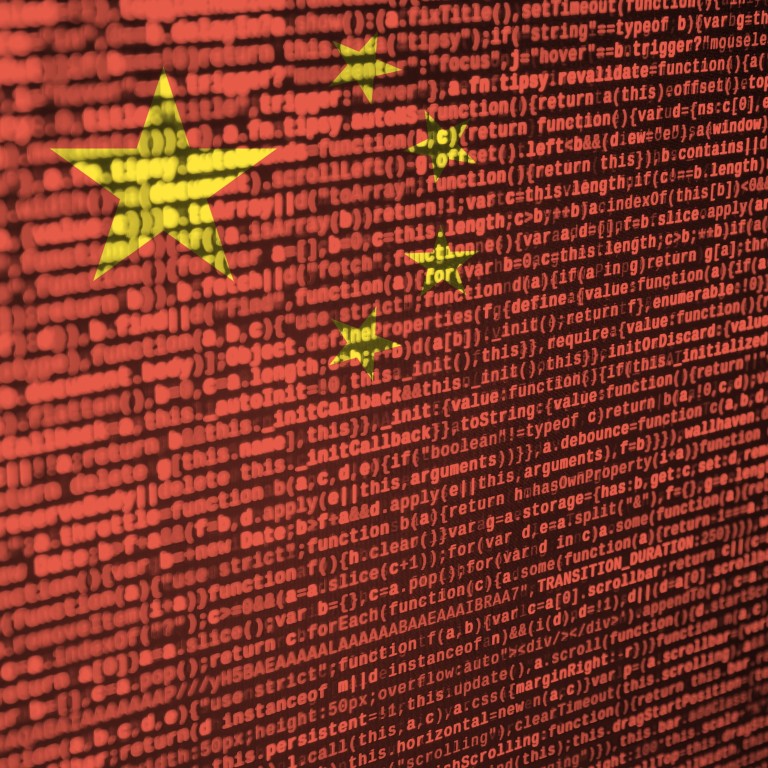
Beijing promotes ideal of clean, civilised internet as it seeks increased international cooperation in cyberspace
- The ‘China Cyberspace Civilisation’ conference showcased the country’s success in censoring online information that the state deems harmful or unhealthy
- President Xi Jinping exhorted the Communist Party, government bodies, online platforms and netizens to ensure the civilised development of the internet
Chinese authorities are looking to “deepen international cooperation” in cyberspace, while pushing for a “purified internet ecology”, as Beijing continues efforts to develop its ideal of a clean and civilised online environment.
Jointly hosted by the Office of the Central Cyberspace Affairs Commission, the Beijing municipal government and the Central Guidance Commission on Building Spiritual Civilisation, the conference featured government officials and scholars, along with representatives from internet companies and online user groups, who discussed a range of topics that included regulation, teenage users, big data and algorithms.

03:34
Inside a Chinese internet censorship centre
It also came months after the Communist Party and State Council released internally a set of guidelines for building a “cyberspace civilisation”. It urges all levels of government to bring ideology, culture, moral standards and online behaviour under control, according to a summary published by state-run news outlet Xinhua.
Still, Chinese authorities’ pursuit of “deeper international exchange and cooperation in cyberspace” could prove to be challenging.

09:40
Tightened regulations among key trends shaping China’s internet in 2021

